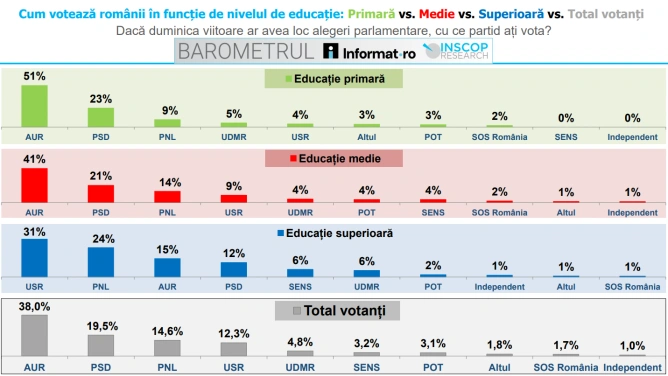
Brussels, November 11, 2025 - The Court of Justice of the European Union (CJEU) confirmed that Directive (EU) 2022/2041 on adequate minimum wages has a solid legal basis, rejecting Denmark's request to annul the act. The European Commission welcomed the decision, stating that it strengthens the Union's commitment to social equity and decent working conditions in all member states. The directive establishes common criteria by which EU states must guarantee fair minimum wages, either through legislation or collective bargaining. According to the Commission, its implementation contributes to reducing wage inequalities, combating poverty among working individuals, and strengthening domestic demand. "Every worker in Europe should be able to live from their work. Today's decision is a landmark moment for dignity and fairness," said European Commission President Ursula von der Leyen. Executive Vice-President for Social Rights, Roxana Menzatu, added that the decision "strengthens the European social model based on fair wages and solid collective bargaining." The Court confirmed the validity of the articles related to collective bargaining, deemed essential for protecting low-income workers. Only parts of two provisions regarding the criteria for calculating minimum wages and the prohibition of reducing them in the case of automatic indexing were annulled, without affecting national transposition. The Commission is analyzing the impact of these changes, stating that the process of implementing the directive continues in all member states. Since the adoption of the act, minimum wages have increased in most EU countries, and the differences between the highest and lowest levels have narrowed. At the beginning of 2025, the minimum wage was regulated by law or framework agreement in 22 of the 27 member states of the European Union. Only Denmark, Italy, Austria, Finland, and Sweden do not apply a national minimum wage, relying instead on collective bargaining between social partners. Data published by Eurostat shows that the differences between states remain considerable, reflecting the diversity of social protection levels and economic productivity within the single market. In January 2025, the gross monthly minimum wage was below 1,000 euros in ten member states, including Romania (€814), Bulgaria (€551), and Hungary (€707), while Luxembourg had the highest level at €2,638. These disparities confirm the persistent gaps between the east and west of the Union, but also the progress made in recent years, especially in Central and Eastern Europe, where wage increases have contributed to the gradual reduction of income differences. Directive (EU) 2022/2041 on adequate minimum wages is a major legislative initiative of the European Union, adopted in October 2022, aimed at ensuring all workers in member states a sufficient income for a decent standard of living. It does not impose a single minimum wage at the European level but establishes a common set of principles by which each country must assess and update its own minimum wage, based on the cost of living, productivity, and internal economic conditions. The directive also requires that the process of setting the minimum wage be transparent and involve social partners, trade unions, and employer organizations in a periodic dialogue, at least once every two years. The importance of this directive is twofold: social and economic. It supports the objective of the European Pillar of Social Rights to ensure decent jobs for at least 78% of active Europeans by 2030, while also reducing wage inequalities and the risk of in-work poverty. For member states in Central and Eastern Europe, such as Romania, Bulgaria, or Latvia, the act provides a framework through which minimum wages can be more closely aligned with the real costs of living and the standards of equity in the European internal market.
https://2eu.brussels/articol/stiri/curtea-de-justitie-confirma-validitatea-directivei-europene-privind-salariile-minime-adecvate






















